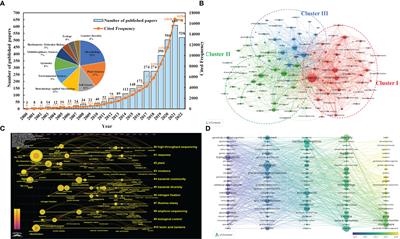EDITORIAL
Published on 26 Aug 2024
Editorial: Omics-driven crop improvement for stress tolerance, Volume II
doi 10.3389/fpls.2024.1461217
- 389 views
4,929
Total downloads
19k
Total views and downloads
You will be redirected to our submission process.
EDITORIAL
Published on 26 Aug 2024
ORIGINAL RESEARCH
Published on 08 Jul 2024
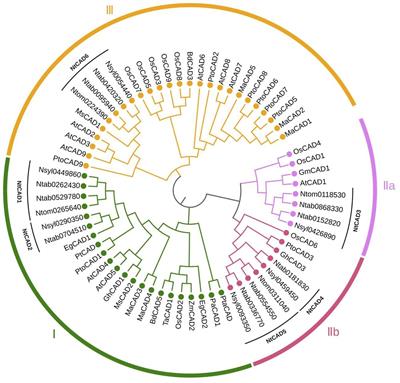
ORIGINAL RESEARCH
Published on 01 May 2024
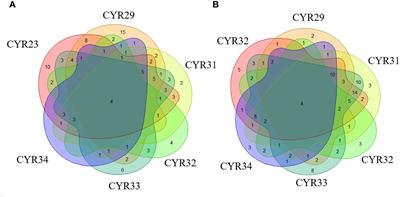
ORIGINAL RESEARCH
Published on 05 Mar 2024
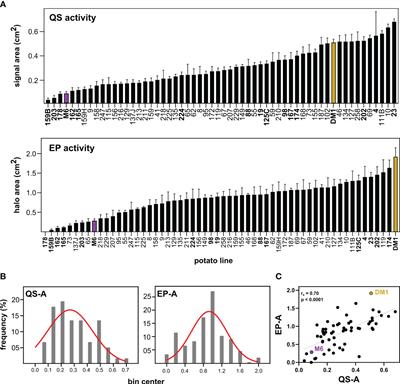
MINI REVIEW
Published on 02 Feb 2024
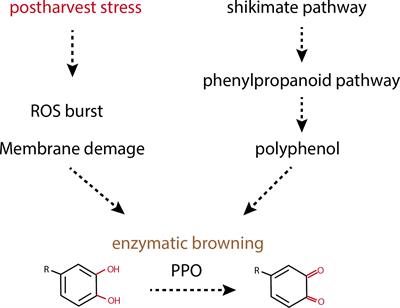
ORIGINAL RESEARCH
Published on 18 Jan 2024
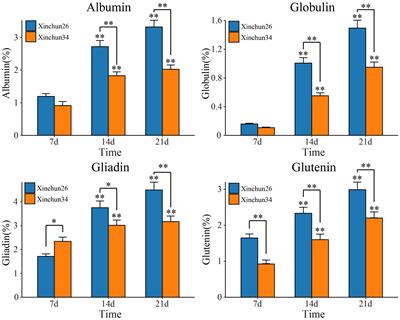
ORIGINAL RESEARCH
Published on 08 Jan 2024
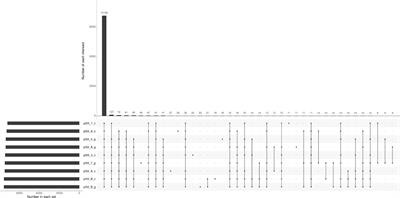
ORIGINAL RESEARCH
Published on 19 Dec 2023
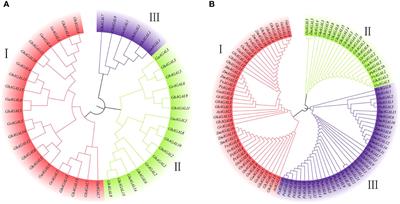
OPINION
Published on 27 Oct 2023
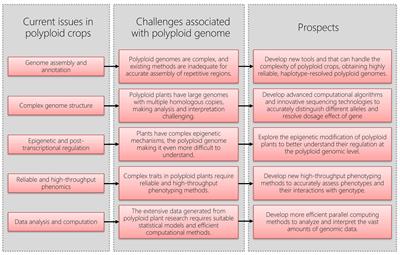
ORIGINAL RESEARCH
Published on 25 Oct 2023

ORIGINAL RESEARCH
Published on 11 Oct 2023
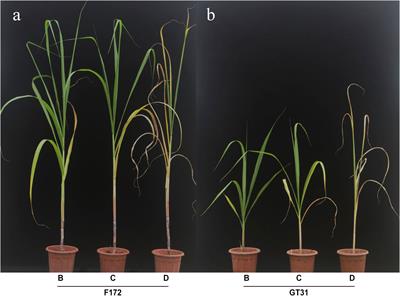
OPINION
Published on 31 May 2023
